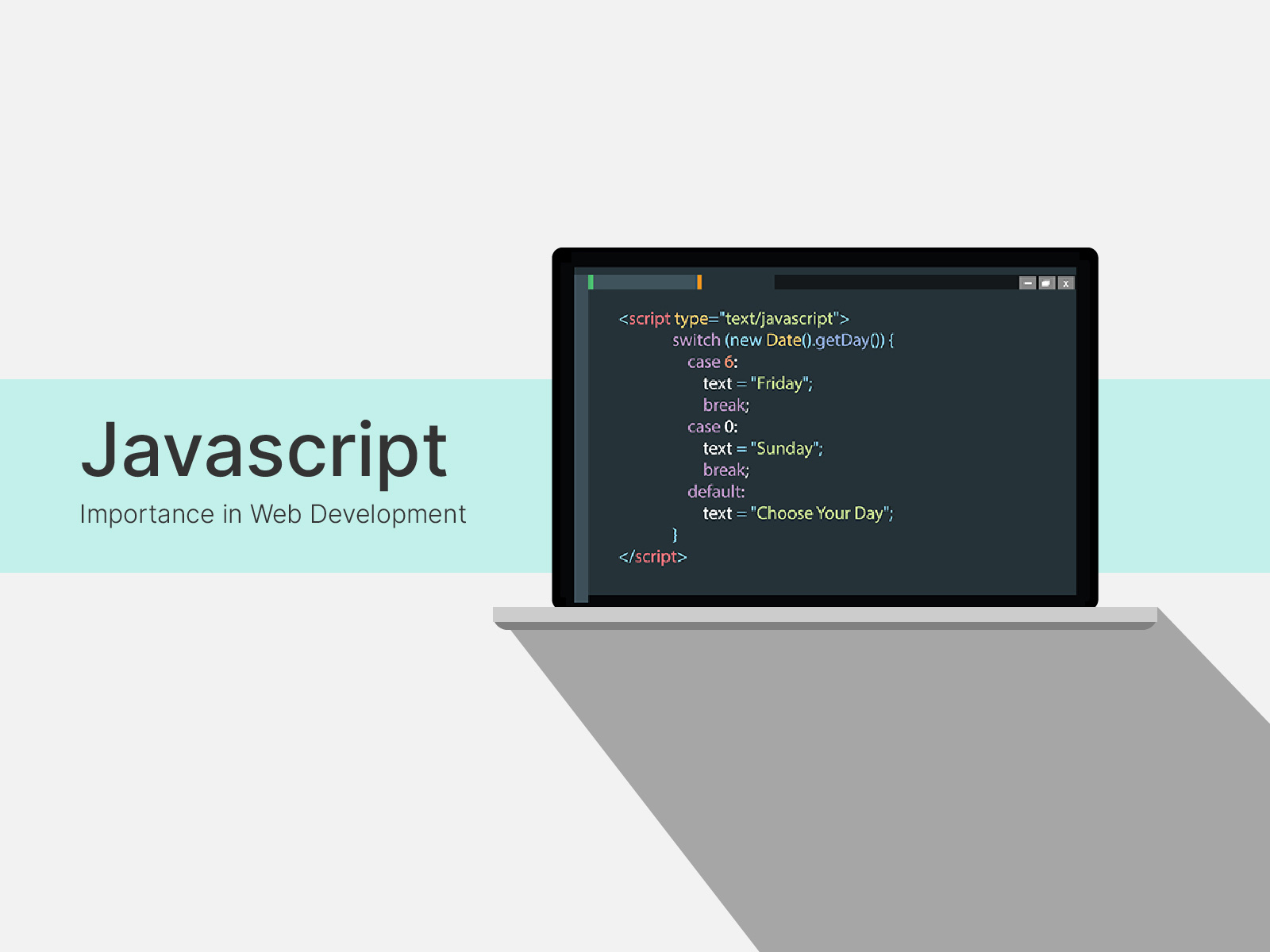First of all
JavaScript is one of the most widely-used programming languages in the world, powering everything from web browsers to servers, and from mobile apps to desktop applications. However, with great power comes great responsibility, and there are certain best practices to follow when working with JavaScript.
Do:
- Use proper syntax and indentation to make your code readable and easy to understand.
- Follow the principle of "Don't Repeat Yourself" (DRY) to keep your code organized and maintainable.
- Utilize modern features like arrow functions and template literals to make your code more concise and readable.
- Use libraries and frameworks like jQuery and React to help streamline your development process and make your code more efficient.
Don't:
- Use global variables indiscriminately, as they can cause naming conflicts and make your code hard to debug.
- Use the "eval" function as it can introduce security vulnerabilities to your code.
- Rely on the JavaScript engine's automatic type coercion, as it can lead to unexpected behavior.
- Neglect to test your code for cross-browser compatibility, as different browsers can interpret JavaScript differently.
To conclude...
With a little bit of care and attention, JavaScript can be a powerful tool for building robust, high-performance web applications. By following the above "do's and don'ts", you can ensure that your code is clean, maintainable, and secure, and that your web apps are compatible across all browsers.


